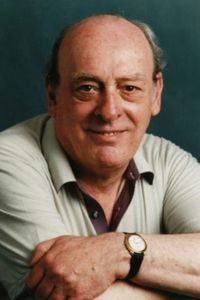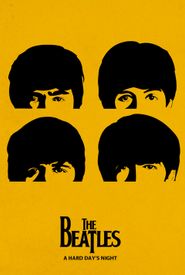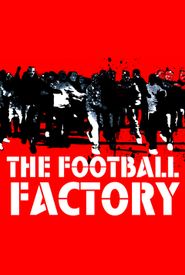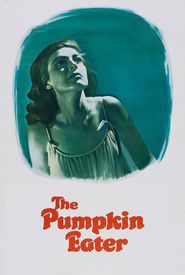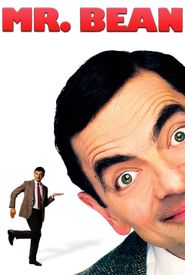John Junkin, a prominent figure in British television comedy during the 1960s and 1970s, was a multifaceted individual who excelled as both an actor and comedian.
Born in Ealing, West London, Junkin was educated locally and later worked as a teacher in the East End of London, although he confessed to hating the job due to the bureaucracy and lack of creativity.
However, his true passion lay in the world of entertainment, and in 1960, he joined Joan Littlewood's Theatre Workshop in Stratford East, where he was part of the original cast of Littlewood's production of "Sparrers Can't Sing" alongside Barbara Windsor.
Throughout the 1960s and 1970s, Junkin was one of the busiest individuals in television, both as a performer and scriptwriter. He wrote scripts for numerous shows, including "The Army Game," "The World of Beachcomber," and "Queenie's Castle," as well as contributing to the scripts of comedians such as Ted Ray, Jim Davidson, Bob Monkhouse, and Mike Yarwood.
As an actor, Junkin became familiar to television soap viewers when he starred in the popular show "EastEnders" in 2001, playing the enigmatic character of Ernie, a mysterious stranger who suddenly appears at the Queen Vic.
Junkin's film career was also prolific, with him playing a variety of straight and comic roles. He described himself as easy to cast, stating, "I look like the bloke next door. I always seem to be wearing one of those sheepskin coats."
Despite his success, Junkin became disillusioned with the show business industry, particularly television, and fell out with a producer over the writing of a game show. The resulting litigation cost him £70,000, and he was also in debt to the tax man for £120,000.
However, Junkin did return to scriptwriting and contributed to shows such as "The Crazy World of Joe Pasquale" and "The Impressionable Jon Culshaw." He was also in high demand as an after-dinner speaker.
Close friend and former Radio 1 disc jockey Dave Lee Travis described Junkin as a man who was always in a state of hilarity, saying, "If you were in conversation with John, you were always in a state of hilarity. He had no airs and graces."
